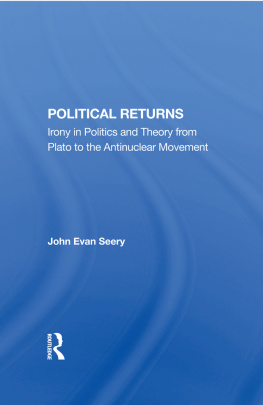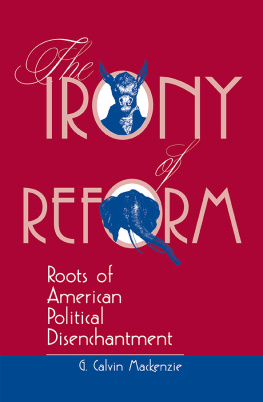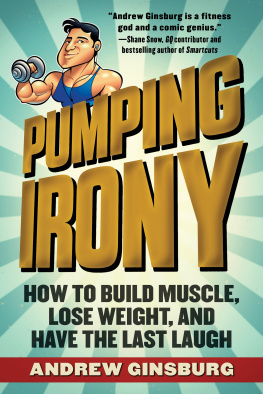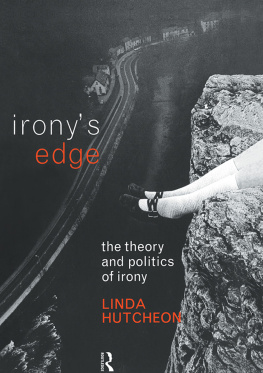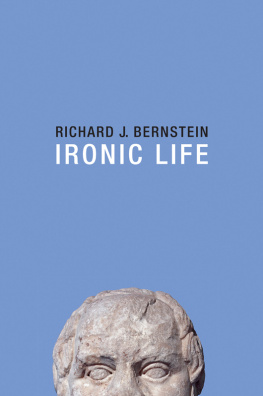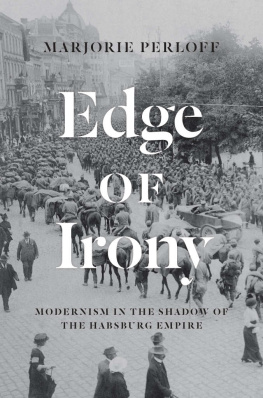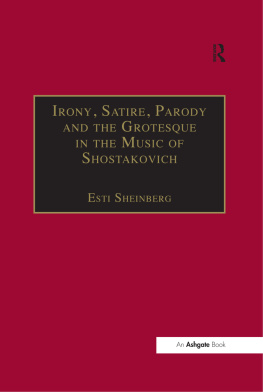Irony in the Matthean Passion Narrative
InHee C. Berg
Fortress Press
Minneapolis
IRONY IN THE MATTHEAN PASSION NARRATIVE
Copyright 2014 Fortress Press. All rights reserved. Except for brief quotations in critical articles or reviews, no part of this book may be reproduced in any manner without prior written permission from the publisher. Visit http://www.augsburgfortress.org/copyrights/ or write to Permissions, Augsburg Fortress, Box 1209, Minneapolis, MN 55440.
Scripture quotations are from the New Revised Standard Version Bible, copyright 1989 by the Division of Christian Education of the National Council of the Churches of Christ in the USA. Used by permission. All rights reserved.
Cover design: Tory Herman
Cover image: Cameraphoto Arte, Venice / Art Resource, NY
Library of Congress Cataloging-in-Publication Data is available
Print ISBN: 978-1-4514-7033-8
eBook ISBN: 978-1-4514-8432-8
The paper used in this publication meets the minimum requirements of American National Standard for Information Sciences Permanence of Paper for Printed Library Materials, ANSI Z329.48-1984.
Manufactured in the U.S.A.
This book was produced using PressBooks.com.
Fiat voluntas tua in terris sicut in coelis.
This work is gratefully dedicated to my beloved mother.
Contents
The Gospel of Matthew consists of a story featuring Jesus from his birth to death. As the meaning of the name Jesus (1:21) prophetically foresees, his life is geared for a specific goal to achieve Gods saving will for his people. It is the Gospels testimony that Gods will is to save his people through his Son, Jesus, and this is the raison dtre of the story. God wills to gather and save his people who are like lost sheep without a shepherd (9:36; 10:6; 15:24) and Jesus, the Son of God, carries out this divinely willed salvation as the shepherd of the people (18:12; 25:32f; 26:31). God not only wills human salvation but also has a specific will concerning the way it is achieved. For this reason, Jesus describes his passion as the cup (26:39) associated with the saving will of God (26:42, 53-56) which only the Son of God can drink.
The climax of Jesus story is found in the Matthean passion narrative (26:127:66), where the entire narrative of the Gospel finally reaches fulfillment. The Matthean passion narrative encapsulates the central themes of the Gospel: Jesus, the Christ Savior, gives his life as a ransom for many (20:28; 26:28) and he accomplishes the divinely-willed salvation through his innocent suffering and death, which the Gospels implied author emphatically equates with the innocent blood of Jesus (27:4, 19, 24). As the innocence of Jesus and the penalty of the cross which he bears are in binary opposition, the way in which Gods salvation is achieved through the ultimate sacrifice of Jesus-the-innocent is ironic.
The implied author of the Matthean passion narrative assumes the role of an ironist and reports the circumstances involving in Jesus death and its theological significance through the kaleidoscopic lens of irony. Nevertheless, the Gospel authors dexterous use of irony as his rhetorical device has not yet received full scholarly appreciation. Therefore, this book focuses on the ways in which the Matthean passion narrative uses irony in its narration and employs it to communicate the significance of the meaning of the death of Jesus.
Irony operates using the phenomenon of a dualistic story. The ironist carefully presents the two worlds of the story in dynamic juxtaposition. In contrast to the lower level of story, which is inferior and false, the upper level of story is superior and true. There is more than meets the eye. This situation creates an irreconcilable incongruity between these two worldswhat appears to be versus what really iswhich produces the conflict to be resolved. The greater the incompatibility of appearance and substance, the more critically revealing the irony that is present.
The Matthean passion narrative is the very seat of revelatory irony within the Gospel of Matthew because the ironic dimension of the Matthean passion narrative reaches its greatest depth in Jesus death on the cross. The Son of God saves his people by shedding his innocent blood. There exists a profoundly inescapable contrast between the nature of Jesus, as the Christ and the Son of God, and the nature of the cross, known as slavish punishment and dejection (supplicium servile), which he bore. Since the locus of divine salvation is the very locus of humiliationthe most unlikely place for divine activitythe Matthean passion narrative demands that the reader take an ironic view of the cross in order to perceive the salutary impacts of Jesus death unfolded through it.
Irony is inherent in the nature of the cross that is not only incompatible with but also repellent to the profoundly majestic figure of Jesus Christ. Given the fact that the Christian faith tradition is built upon the Christ-event, irony becomes a way of looking into the heart of Christianity which not only feeds on the saving effect of the innocent blood of Jesus (26:28) but also proclaims it (26:13).
| ABRL | Anchor Bible Reference Library |
| AsSeign | Assembles du Seigneur |
| AsTJ | Asbury Theological Journal |
| ATR | Anglican Theological Review |
| BAGD | Bauer, W., W. F. Arndt, F. W. Gingrich, and F. W. Danker. Greek-English Lexicon of the New Testament and Other Early Christian Literature. 2d ed. Chicago, 1979 |
| BETL | Bibliotheca ephemeridum theologicarum lovaniensium |
| BEvT | Beitrge zur evangelischen Theologie |
| Bib | Biblica |
| Bijdr | Bijdragen: Tijdschrift voor filosofie en theologie |
| BJRL | Bulletin of the John Rylands University Library of Manchester |
| BR | Biblical Research |
| BSac | Bibliotheca sacra |
| CBQ | Catholic Biblical Quarterly |
| ChrLit | Christianity and Literature |
| CJ | Classical Journal |
| ConBNT | Coniectanea neotestamentica or Coniectanea biblica: New Testament Series |
| CQ | Classical Quarterly |
| CTM | Concordia Theological Monthly |
| CurTM | Currents in Theology and Mission |
| DRev | Downside Review |
| DunRev | Dunwoodie Review |
| Enc | Encounter |
| EstBib | Estudios bblicos |
| ETL | Ephemerides theologicae lovanienses |
| ETR | Etudes thologiques et religieuses |
| EvT | Evangelische Theologie |
| EWNT | Eternal word television network |
| ExpTim | Expository Times |
| GBS | Guides to Biblical Scholarship |
| GR | Georgia Review |
| HBT | Horizons in Biblical Theology |
| HibJ | Hibbert Journal |
| HNTC | Harpers New Testament Commentaries |
| IBS | Irish Biblical Studies |
| ICC | International Critical Commentary |
| IDB | The Interpreters Dictionary of the Bible. Edited by G. A. Buttrick. 4 vols. Nashville, 1962 |
| IJT | Indian Journal of Theology |


